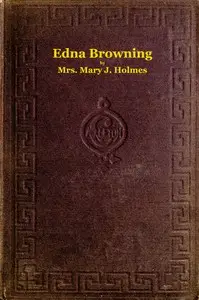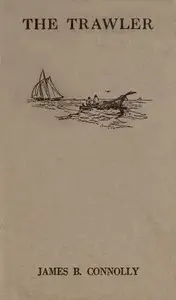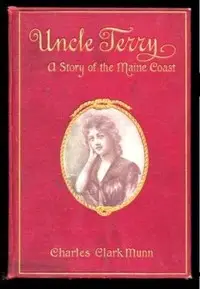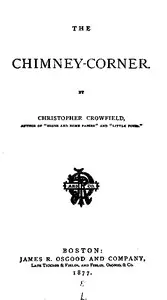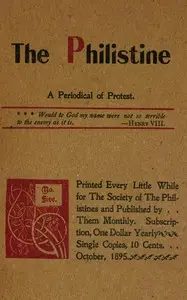"The Pearl of Orr's Island: A Story of the Coast of Maine" by Harriet Beecher Stowe is a touching exploration of grief, youthful purity, and the enduring strength of love within a tight-knit community. The story begins with a devastating shipwreck that claims the life of a mother, leaving her newborn daughter, Mara, as the focal point of both sorrow and hope. As grief ripples through Orr’s Island, Naomi and an old fisherman are deeply affected by the tragedy. The narrative then gracefully shifts to Mara's upbringing among her grandparents and eccentric aunts, painting a vivid portrait of coastal life and relationships in Maine, as the story navigates their collective despair, eventually finding solace and connection in the shared experience of loss.

The Pearl of Orr's Island: A Story of the Coast of Maine
By Harriet Beecher Stowe
Amidst the unforgiving beauty of the Maine coast, a community grapples with a tragic loss, finding hope and resilience in the life of a motherless child.
Summary
About the AuthorHarriet Elisabeth Beecher Stowe was an American author and abolitionist. She came from the religious Beecher family and wrote the popular novel Uncle Tom's Cabin (1852), which depicts the harsh conditions experienced by enslaved African Americans. The book reached an audience of millions as a novel and play, and became influential in the United States and in Great Britain, energizing anti-slavery forces in the American North, while provoking widespread anger in the South. Stowe wrote 30 books, including novels, three travel memoirs, and collections of articles and letters. She was influential both for her writings as well as for her public stances and debates on social issues of the day.
Harriet Elisabeth Beecher Stowe was an American author and abolitionist. She came from the religious Beecher family and wrote the popular novel Uncle Tom's Cabin (1852), which depicts the harsh conditions experienced by enslaved African Americans. The book reached an audience of millions as a novel and play, and became influential in the United States and in Great Britain, energizing anti-slavery forces in the American North, while provoking widespread anger in the South. Stowe wrote 30 books, including novels, three travel memoirs, and collections of articles and letters. She was influential both for her writings as well as for her public stances and debates on social issues of the day.


